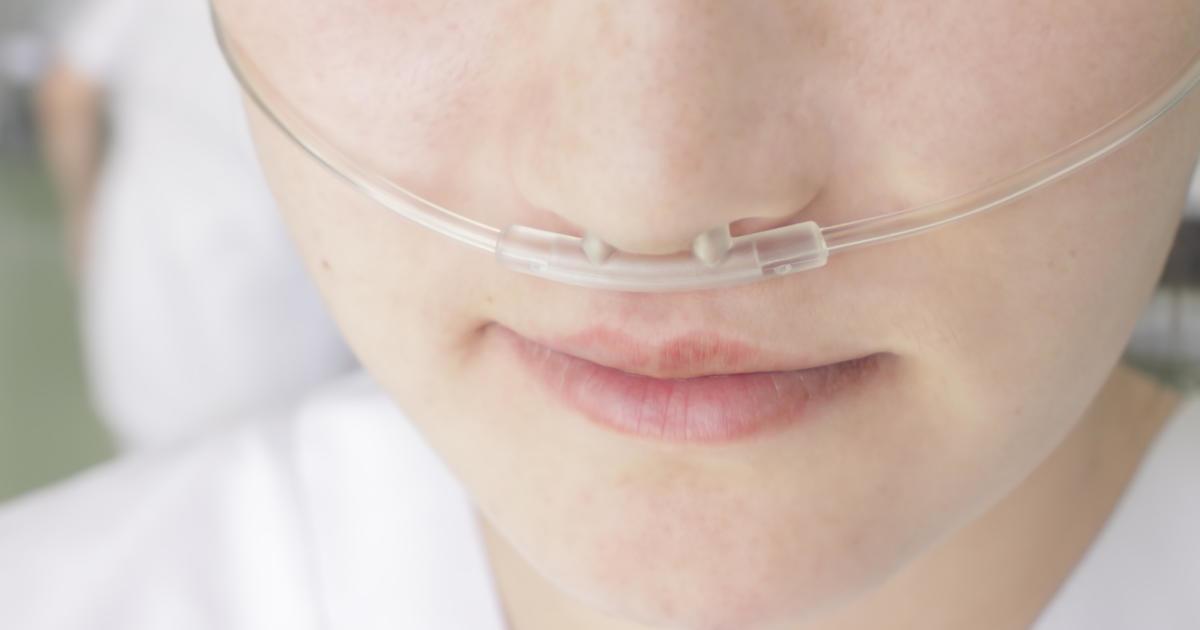Ways To Treat Bronchitis
Supplemental Oxygen
Supplemental oxygen is sometimes necessary for patients with severe bronchitis. Some patients may need to have supplemental oxygen at the hospital, though it can be provided at the patient's home. When given at the hospital, it may be administered with a mask that covers the mouth and nose, and small amounts of oxygen might be given with a nasal cannula that fits inside the patient's nostrils. Oxygen used at home typically utilizes a nasal cannula. Doctors will carefully monitor the respiration rate and oxygen saturation levels of individuals receiving oxygen in a hospital setting. This information helps hospital staff adjust the amount of oxygen according to the patient's needs, and it also enables staff to know when it is safe for a patient to discontinue supplemental oxygen. Patients who use supplemental oxygen at home will need to avoid smoking anywhere near the oxygen canister. Canisters should be kept at least five to ten feet away from open flames such as candles or the flames from wood-burning stoves. Water-based moisturizers and lotions should be used in place of petroleum-based products for soothing dry nasal passages and lips. Oxygen canisters need to be kept upright at all times, and the oxygen supply should be turned off when it is not in use. Patients who use oxygen at home should follow-up regularly with their healthcare team to find out about how long they will need to continue supplemental oxygen. A home healthcare nurse may be able to help patients who need assistance with their oxygen supplies at home.
Keep reading to learn more about the various ways bronchitis can be treated now.
Mucolytics

Mucolytics are medications that help thin and loosen mucus so it can be coughed up more easily. These medicines are frequently taken by mouth, and they might also be taken with an inhaler. Doctors may prescribe mucolytics for patients with bronchitis who have a significant amount of mucus that is thick or difficult to cough up. Most patients only need to take one mucolytic medicine, and these drugs are typically used for just a short period. Individuals who have difficulty using handheld inhalers may benefit from using mucolytics, and they are especially helpful for those who cannot use inhaled corticosteroids. Mecysteine, erdosteine, carbocisteine, bromhexine, and mannitol powder are some examples of mucolytics that may be prescribed. An over-the-counter mucolytic called guaifenesin might be recommended for some patients instead. While using mucolytics, patients should watch for potential side effects such as nausea, diarrhea, rashes, bronchial spasms, and the formation of white patches on the lips or inside the mouth. These side effects should be reported to the prescribing physician, and it may be possible for an alternate mucolytic to be considered. Mucolytics are not considered suitable for patients who have stomach ulcers.
